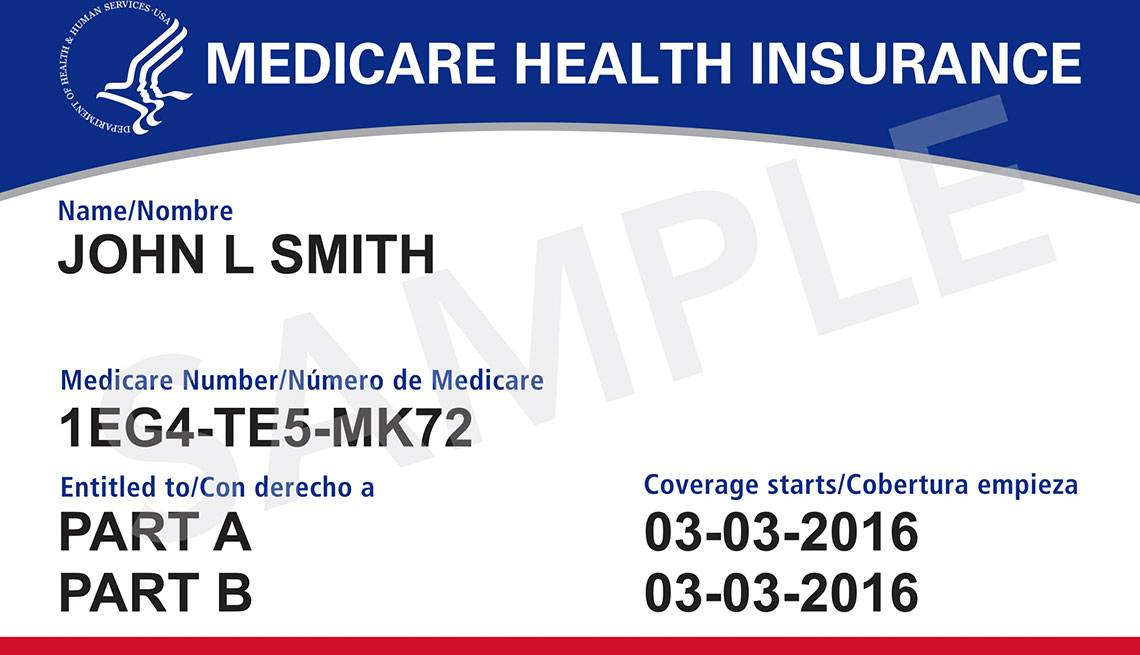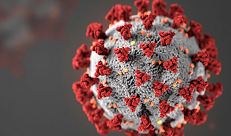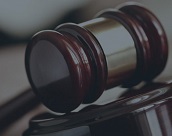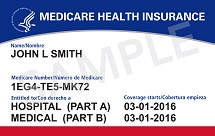
Personal Injury and Medicare: What You Need to Know
The law requires that any medical bills paid by Medicare for treatment as a result of injuries caused by an accident must be paid from the settlement proceeds.If you have Medicare or are eligible for Medicare and have been involved in an automobile accident for which another party is responsible, we are required by law to notify Medicare.
This starts what is typically a somewhat lengthy process with the Medicare Benefits Coordination and Recovery Center (BCRC) that is often difficult to navigate. As your attorney, we are here to handle this process for you.
Below you will find a time line and helpful information on the Medicare process, how it plays a role in your auto accident case, and what it means for the settlement of your case.
Step 1
Notify Medicare
We will notify Medicare that you were involved in an auto accident for which another party is responsible. We will provide them with the date of the incident, injuries sustained, information for the at-fault insurance company, and our office information.
Case will be created
A case will be created within 48 hours which will start the official Medicare process. A case ID number will be assigned and will be included on all related Medicare documents moving forward.
Step 2
New case is created in the BCRC system
Within 14 days after the new case is created in the BCRC system, you and our office will receive what is called the Rights and Responsibilities Letter (RAR). This letter will confirm the information that was provided when the case was initially reported. It will note the Case ID number that was assigned and will provide some additional information on the Medicare process and what you can expect going forward.
Step 3
Conditional Payment Letter (CPL)
Within 65 days of the DATE on the Rights and Responsibilities Letter, Medicare will issue their Conditional Payment Letter (CPL). The CPL will include a Payment Summary Form which lists any treatment and payments for those treatments that Medicare has identified as being related to the incident.
Dispute Process
There are frequently times when Medicare will include bills for treatment not related to the accident. If this happens, our office will file a formal dispute with Medicare to have the charges removed.
In the event the BCRC refuses to remove those charges, we can appeal their decision. Both the initial dispute and appeal (if needed) can take up to 60 days for Medicare to review and process. In most cases, the dispute is resolved before the case settles.
Step 4
Payment Summary
Once we have an accurate Payment Summary and the case settles or a judgement is rendered, our office will submit the required documentation to Medicare, and Medicare will reduce the medical bills by one-third because you have an attorney .
Final Demand Letter - FDL
Medicare then issues a Final Demand Letter, usually received within 60 days of being notified of the settlement, and sets forth the amount owed from the settlement. An attorney cannot make any disbursements until the FDL is received. Medicare can never request any additional payments not set forth in their FDL. The attorney must issue payments to Medicare within 30 days of receipt of the Final Demand letter or interest begins to accrue.
In the event the BCRC refuses to remove those charges, we can appeal their decision. Both the initial dispute and appeal (if needed) can take up to 60 days for Medicare to review and process. In most cases, the dispute is resolved before the case settles.
Important things
to note
We have to contact Medicare
We are required to contact Medicare even if none of your medical bills were submitted to Medicare and/or, if you do not receive Medicare but are Medicare eligible. You are automatically Medicare eligible once you reach 65 years of age.
You will receive copies of every letter
As the Medicare beneficiary, you will receive copies of every letter related to the incident that our office is representing you for. The beneficiary typically receives the letters a few days before the attorney.
Final Demand Letter
An attorney cannot make any disbursements until the Final Demand Letter is received. Many insurance companies will not issue payment of the settlement until the Medicare Final Demand Letter is received.
If Medicare lien is not paid
Both the attorney and the at-fault insurance company are liable to Medicare. Some insurance companies pay Medicare directly and then issue the remaining amount of the settlement to our office.
Medicare can seek to recover future medical costs
Without a Final Demand Letter confirming any amount owed, Medicare can seek to recover future medical costs that may or may not be caused by the accident.
Frequently the process takes longer
The Medicare process frequently takes longer than what they indicate. Often the letters take much longer to be mailed out, and sometimes the system does not generate a letter at all until we contact them directly.
We have no control over the process. Although we can and do dispute any unrelated claims, Medicare ultimately makes the decision regarding what they believe to be related or unrelated to the incident. Once we have exhausted all of our dispute options, we must pay the Final Demand Amount or interest will continue to accrue.

Need our legal advice?
Call us for a free consultation
Slatkin & Lupo
Law Offices





